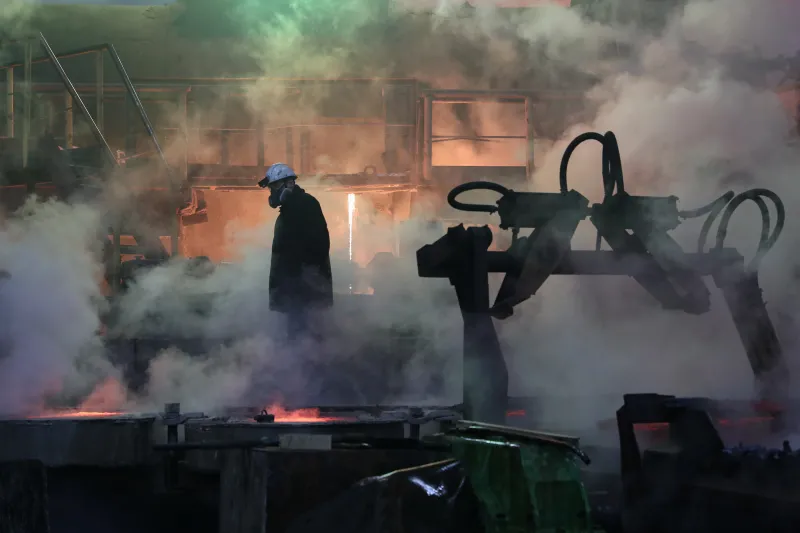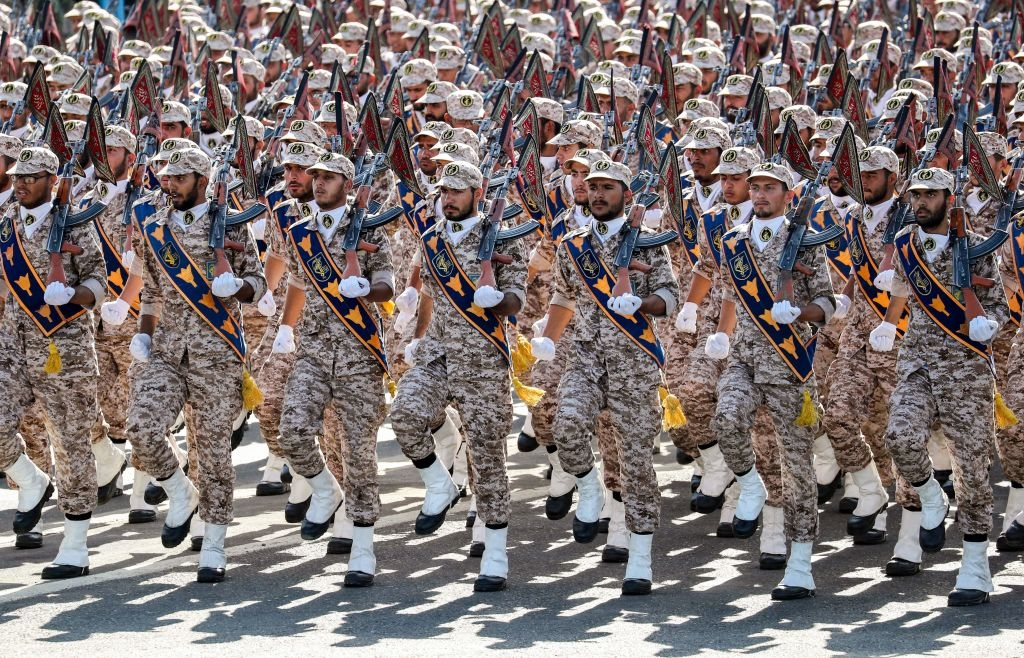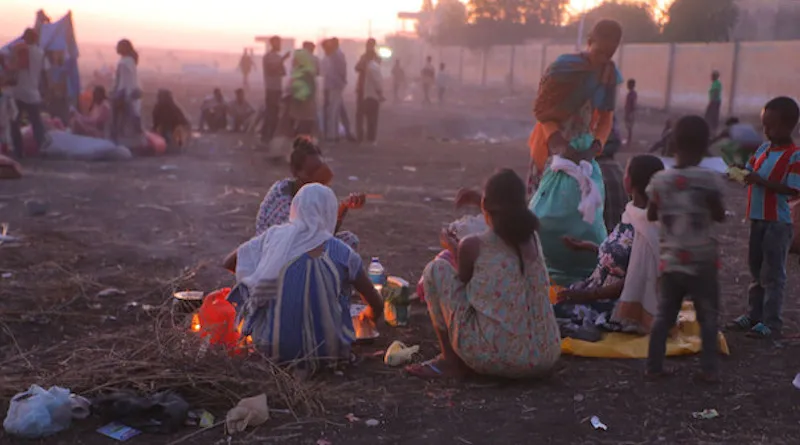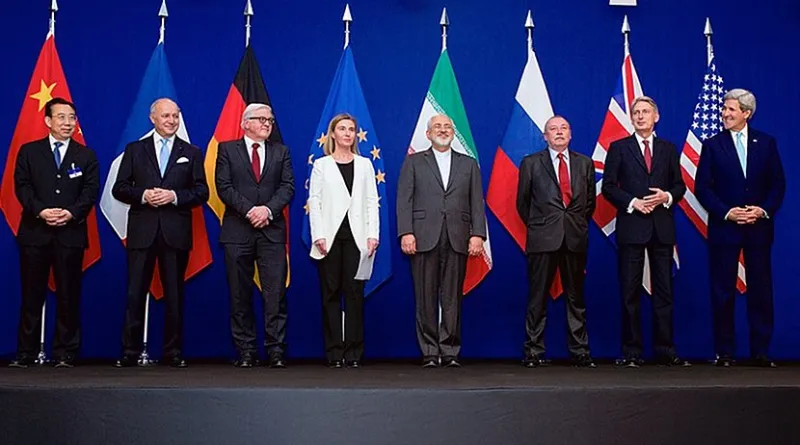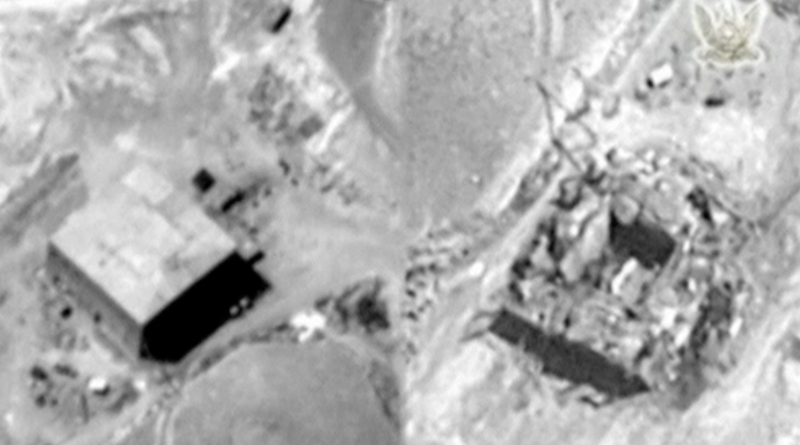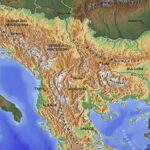
In the 1850’s and 1860s the French Emperor Napoleon III had some continental clout. He also had a tendency to push congresses and conferences designed to tackle various European problems. At first, respect for French military performance in the Crimean War and a subsequent conflict with Austria led European diplomats to take Paris’ approach seriously and to participate in various meetings. After a while, however, it became clear that these sorts of performances accomplished little and paled beside the more kinetic approach to European security practiced by Prussia’s Otto von Bismarck.
Emmanuel Macron is another French head of state prone to disguising his lack of substantive seriousness with poorly thought-through diplomatic and rhetorical initiatives. Nikola Dimitrov and Florian Bieber are exactly right in pointing to the proposal Macron pushed on Bulgaria and North Macedonia regarding their dispute on language and identity as a damaging development likely to work to the advantage of nationalists in both countries. The North Macedonian parliament’s reluctant acceptance of Macron-directed changes in its constitution of the latter does not satisfy the concerns of the either country and complicates political uncertainty in both. The EU now has started accession talks with Albania and North Macedonia but actual membership remains years away at best.
At least Napoleon III could point for a while to actual accomplishments in the field. Macron’s resume includes only a failed effort to supplant Angela Merkel as the EU’s leader and a performance on Ukraine that helps Vladimir Putin look like Bismarck even after embarking on a kind of war the German Chancellor never would have engaged in.
Unfortunately, Macron is not the only European practising diplomatic sleight of hand. Otto Scholz, Germany’s not-exactly Bismarckian Chancellor, is calling for yet another Napoleon III-esque summit of Balkan leaders to shore up what is called the Berlin process, a series of meetings and declarations meant to impose rule-of-law and multiculturalist norms on the Balkans while holding out a vague promise of eventual EU membership. The last one of these things was an abject failure – Serbia’s President Aleksandar Vucic threatened not to attend, did so after consulting with his partners in the Belgrade-initiated Open Balkans dialogue, and joined colleagues from Bulgaria, North Macedonia, and elsewhere in sharply criticizing the EU for poor planning and a poor outcome.
Perhaps that embarrassment of June 23 is what prompted Scholz to call for a wash, rinse and repeat. Once again, over the next few months, EU envoys will intrude on the region to instruct its notables to reform their political systems and hew closely to the so-called European path. These people will tout the moribund Belgrade-Pristina dialogue. They will order the patronage-politicos in Bosnia to get their notional state in some sort of order They will use their usual happy talk to ignore the fact that Brussels has no idea how to advance the membership prospects of Montenegro, Albania, and North Macedonia.
Confusing and contradictory statements by UN High Representative Christian Schmidt regarding election laws in Bosnia further underscore that the Balkans’ Western overseers do not know what they are doing (and that Bosnia is a state made up of three constituent and mutually suspicious ethnic communities, not an integrating civic, multicultural population).
The little show Vucic put on in June underscored the shifting balance of leverage between the EU and Balkan membership candidates. Since it is clear Balkan candidates have no visible path toward membership there is not much the Europeans can threaten them with. Brussels could withhold financial aid but that would only deepen hostility toward the EU in Europe’s southeast – and both Russia and China would have obvious opportunities. Such extreme punishment is unlikely, of course, but in its absence there is little the EU can do to enforce its tattered writ.
There is no reason why Balkan leaders or their constituents should continue to play the broken record. They should reject Scholz’s summons to another pointless meeting and tell the Europeans not to bother with any more such summons until and unless the EU can offer a comprehensive membership path with guaranteed timelines agreed to by all current club members. Balkan governments also should refuse to host EU envoys as long as there is nothing to discuss – and should make it clear in no uncertain terms that, as things stand, there is nothing to discuss.
I already have expressed the view that EU- and US-driven reconciliation and development processes should be replaced by initiatives that build on and improve the Open Balkans Initiative and other home-grown ideas. Vucic and other leaders should welcome and take seriously critiques of their programs that focus on substantive shortcomings rather than on ideological objections from the West and local Civil Society mavens. It may be true that Open Balkans and other initiatives are, at best long shots when it comes to enabling regional security and economic progress. But a long shot at least has a shot at success. Whatever it is that the West keeps trying to impose on the Balkans does not.


